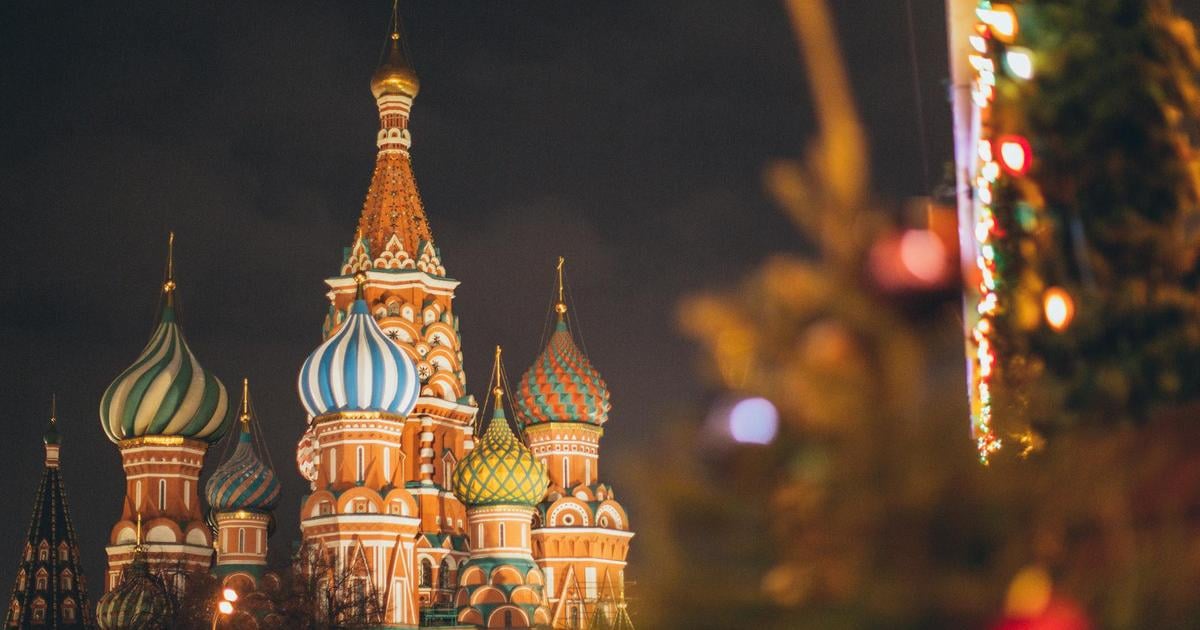Slovakia has resumed processing tourist visas for Russian citizens, more than three years after suspending them in response to Moscow’s full-scale invasion of Ukraine.
The change, reported by several Russian media outlets this week, appears to have taken effect earlier this summer. It marks a departure from Bratislava’s previous hard line on curbing travel from Russia, although the Slovak government has yet to make any official announcement.
According to the news website Meduza, the Moscow-based company BLS International confirmed it had begun accepting applications for Slovak tourist visas once again, with offices in both the Russian capital and St Petersburg. The firm signed an agreement with Slovakia in late 2023 to handle visa services on its behalf. Applications can also be made directly through the Slovak embassy in Moscow.
A short notice on BLS International’s website states simply that Slovakia “is again accepting tourist visa applications”. A representative of the Slovak foreign ministry, speaking anonymously to the Slovak daily Pravda, acknowledged the resumption but said he did not know why the policy had been reversed.
Slovakia stopped issuing tourist visas to Russians in mid-2022, joining Poland, Finland and the Baltic states in tightening travel restrictions. The move was taken under the government of then prime minister Eduard Heger and foreign minister Ivan Korčok, after EU states debated how far to go in limiting Russian entry to the bloc. While Brussels agreed on stricter visa rules, a full ban never gained consensus among member states.
At the time, almost a third of EU countries halted tourist visas for Russians, particularly those sharing borders with the Russian Federation. Slovakia, which has no direct border with Russia, aligned itself with this position as part of a broader show of solidarity with Ukraine.
The decision to re-open the route for Russian holidaymakers comes amid a shifting European debate about how to balance restrictions on Moscow with broader engagement. It also coincides with efforts by Slovakia’s prime minister, Robert Fico, to steer foreign policy on a more independent course within the EU.
The Slovak Foreign Ministry has not yet issued any public statement on the matter.
